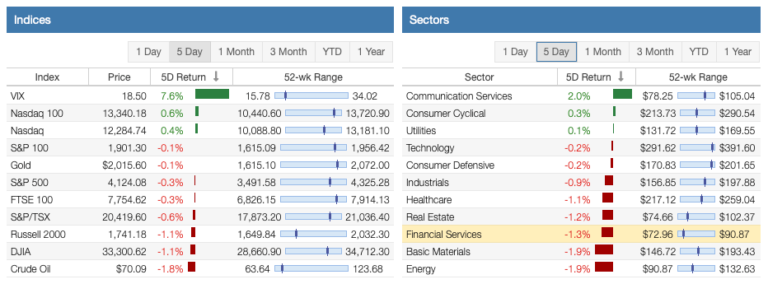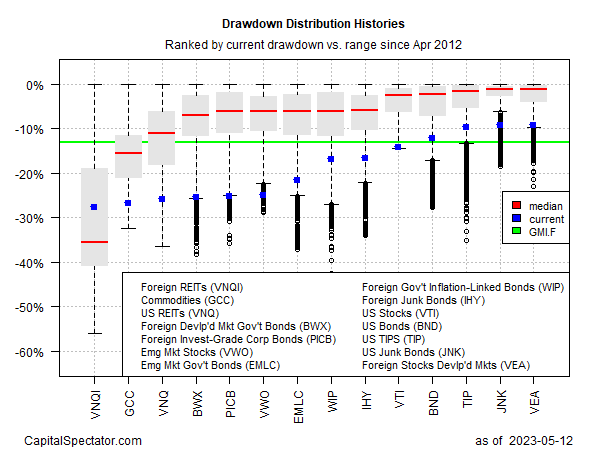
When Should You Consider Life Insurance

Generally, it’s a good idea to consider life insurance anytime you have someone in your life that depends on you emotionally as well as financially. This can be a spouse, children, or elderly parents.
It can provide them with relief and peace of mind in the event of untimely death. In addition, some lenders may require collateral assignment of life insurance when you apply for a business loan.
No matter the type of policy you choose, shopping for life insurance and comparing different companies and their coverage options are essential to finding one that suits your requirements. It’s also advisable to consider each company’s customer service ratings and overall financial strength.
Types of Life Insurance
While there are many different types of life insurance, they all provide a form of financial payout to your beneficiaries upon your death. Depending on your age, current health status, lifestyle, and other factors, there are various life insurance policies available for you to choose from.
Whole Life Insurance
The primary benefit of whole life insurance is that it guarantees a death benefit regardless of when you pass away. Whole life insurance is a type of policy designed to provide coverage for an individual’s entire lifetime. It is permanent insurance that also accumulates cash value over time, allowing you to access it for various needs such as retirement income or emergency funds.
Universal Life Insurance
Universal life insurance is a type of permanent life insurance that provides the flexibility to adjust the amount and timing of premium payments, as well as the death benefit. It offers policyholders a great deal of control over how their policy works and can be an effective way to plan for long-term financial security.
Variable Life Insurance
The main benefit of variable life insurance is that policyholders participate in generating potential returns on their investment portfolios. This means that although the value of the death benefit is not guaranteed, it could significantly increase beyond what you initially paid into it if the investments in your subaccounts perform well.
Term Life Insurance
Term life insurance policies are designed to provide protection when you need it most. Unfortunately, this also means that you will not receive benefits or payout from your insurer if nothing happens within that time. As a result, it’s paramount to consider how long you will need coverage before committing to this policy and its associated premiums.
When to Start Looking for a Policy
There isn’t one single solution, as everyone’s situation is unique and different. However, there are some key factors to consider when determining the appropriate time to acquire a life insurance policy.
Basically, you would want to start shopping for life insurance if you have dependants who may struggle if something were to happen to you. In addition, a life insurance policy could be beneficial if you own assets like a house or business so as to secure them from creditors in the event of your demise.
You should consider purchasing a plan while still young and healthy. This is because life insurance premiums increase as you age or develop health conditions. Getting coverage early can ensure that your family has access to greater financial security in case of an eventuality before your retirement age.
Calculating Your Coverage
Securing life insurance can be challenging, especially if you’re on a budget. To make budgeting for life insurance manageable, consider applying the following tips and hacks.
- Consider factors such as income replacement for dependents, funeral expenses, debt payment, college tuition funds, and more. In addition, ensure you account for inflation over time.
- Once you have estimated the coverage you require, calculate how much premium you can pay annually or monthly.
- Consider working with independent agents or brokers who are knowledgeable about different types of policies and providers.
- Consult your insurer to identify whether they offer discounts based on lifestyle choices or health status.
Updating Your Life Insurance Policy
A well-crafted life insurance plan should be tailored to your current lifestyle, financial situation, and desired protection for your dependents. Depending on the type of coverage you choose, you may need to update certain aspects of the policy to remain relevant, get adequate coverage, and get the best rates. This includes:
- The amount of coverage or changing premiums (as needed).
- Additional riders or features.
- Switching companies if better options become available.
- Your age.
- Changes in your income.
- Marital status.
- Additional dependents.
- Health issues.
- Debt, such as buying a house or taking out a loan.
The Pros and Cons of Life Insurance
One major advantage of life insurance is that you can rest assured that your family or other beneficiaries will receive financial support. They can use this money to cover primary expenses such as funeral costs, medical bills, or education costs for children and grandchildren.
Of the different options available, term life insurance policies are relatively affordable. However, the premiums on life insurance can be costly and can add up over time, especially if you’re paying monthly installments on multiple policies.
Depending on your age and health status, you may find yourself paying more than someone who is younger or healthier than you. However, suppose you decide to change providers or cancel your policy altogether at any point during the term of your contract period. There may be fees associated with these changes that can impact your finances.
Conclusion
Having life insurance can provide financial stability in the event of loss of income due to death or disability. It can supplement lost income for dependents and help pay for funeral costs or other expenses associated with death. It can also protect you against possible future healthcare costs by providing the money needed to cover medical bills or long-term care if necessary.
Depending on the type and terms of the policy, getting life insurance may even help with meeting retirement goals by providing a lump sum payment upon maturity that could be used as part of a your retirement savings plan.
Published at Sun, 19 Feb 2023 10:45:26 -0800




